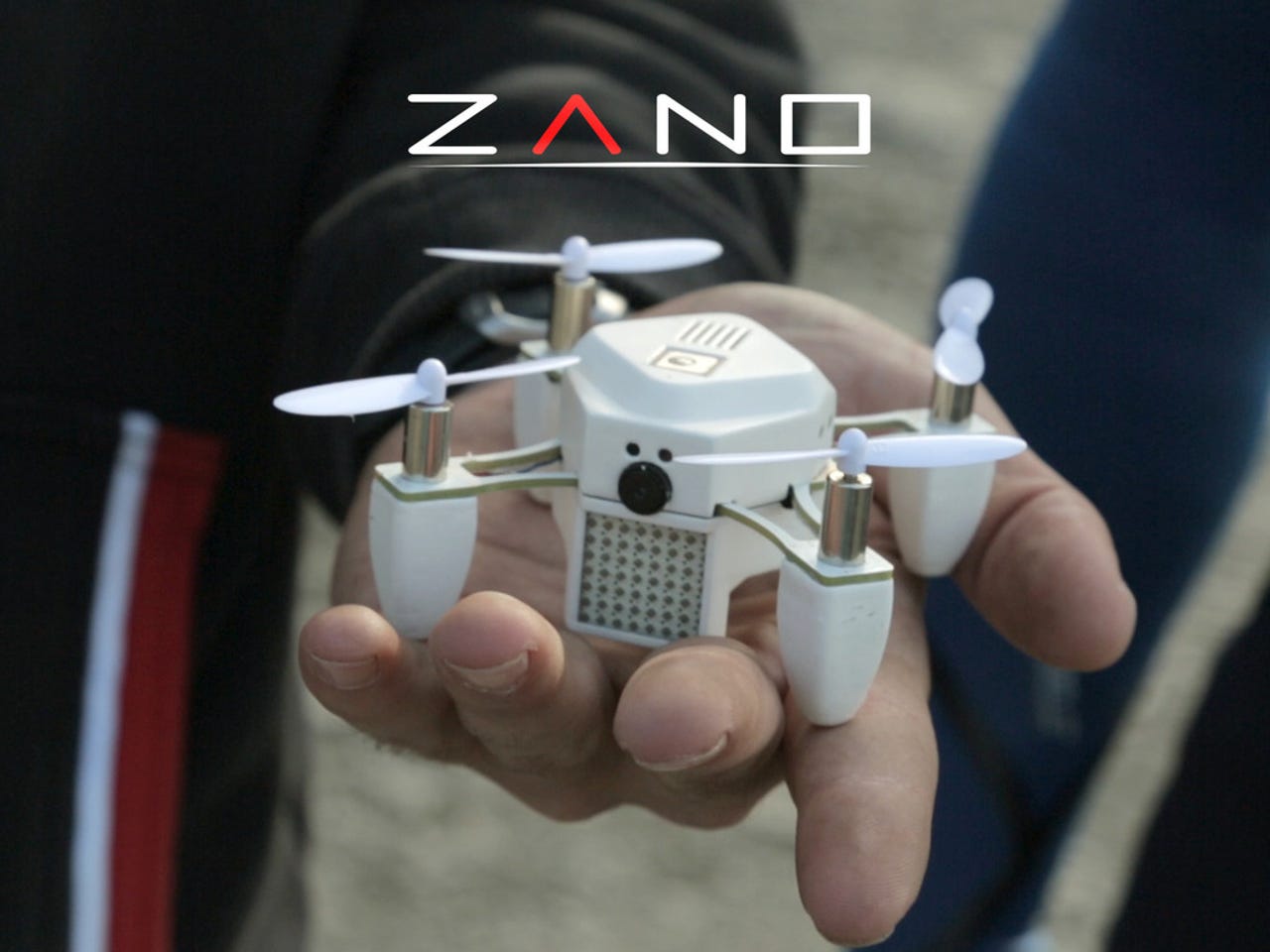Kickstarter hires journalist to probe implosion of "most funded" project


Citing a lack of transparency, Kickstarter has hired a journalist to investigate the failure of an autonomous mini-drone project that raised $3.5 million on the crowdfunding site November of last year.
Robotics
Torquing Group, the manufacturer of the ill-fated Zano drone, relayed news of the project's demise via a backers-only post last month:
"Having explored all options known to us, and after seeking professional advice, we have made the difficult decision to pursue a creditors' voluntary liquidation."
Some 12,000 people backed Zano, making it Kickstarter's most funded project in Europe. One of the drone's alluring features was a swarming capability that would enable several of the device's to operate together autonomously. The function was a big draw to videographers wishing to capture multiple angles of a shot.
"When we began work on ZANO, our goal was to make aerial photography and video capture truly accessible to everyone. This meant making ZANO small and lightweight, yet durable enough to take with you anywhere. Intelligent enough so no piloting skills were required, and most of all, pricing ZANO at a point that makes it affordable." Reece Crowther, Head of Marketing
Robots for the masses: Kickstarter becomes showcase for robotic innovation
Although several prototypes were built, purportedly at a cost of around $45,000 each, Torquing Group's small team found it couldn't mass produce the Zano for the expected retail price of $300. Before the project's official demise, Torquing Group's CEO recently resigned due to health issues and "irreconcilable differences."
Backers have expressed frustration at Torquing Group management for a lack of transparency, but criticism has also been leveled at Kickstarter. Some backers feel that Zano never really had a chance of succeeding. They blame Kickstarter for not doing more to vet whether the Welsh startup's claims were credible and for not refunding its share of the successful campaign to jilted backers.
Kickstarter tried to address these criticisms in a letter:
"Like you, we're extremely frustrated by what's happened with this project." The letter explains that Kickstarter contacted Torquing Group weeks before the announcement that the project had failed to encourage the company to be more communicative.
The crowdfunding company now confirms that it has hired journalist Mark Harris to look into what went wrong. Harris has written for outlets like MIT Technology Review and IEEE Spectrum.
"The primary audience for the story is the 12,000+ backers of the project, although I will also make the story publicly available once I've completed it, most likely in the middle of January," Harris wrote in a Medium post titled "An Unusual Commission."
For now, the only thing that's clear is this: Crowdfunding is risky business. Backers beware.